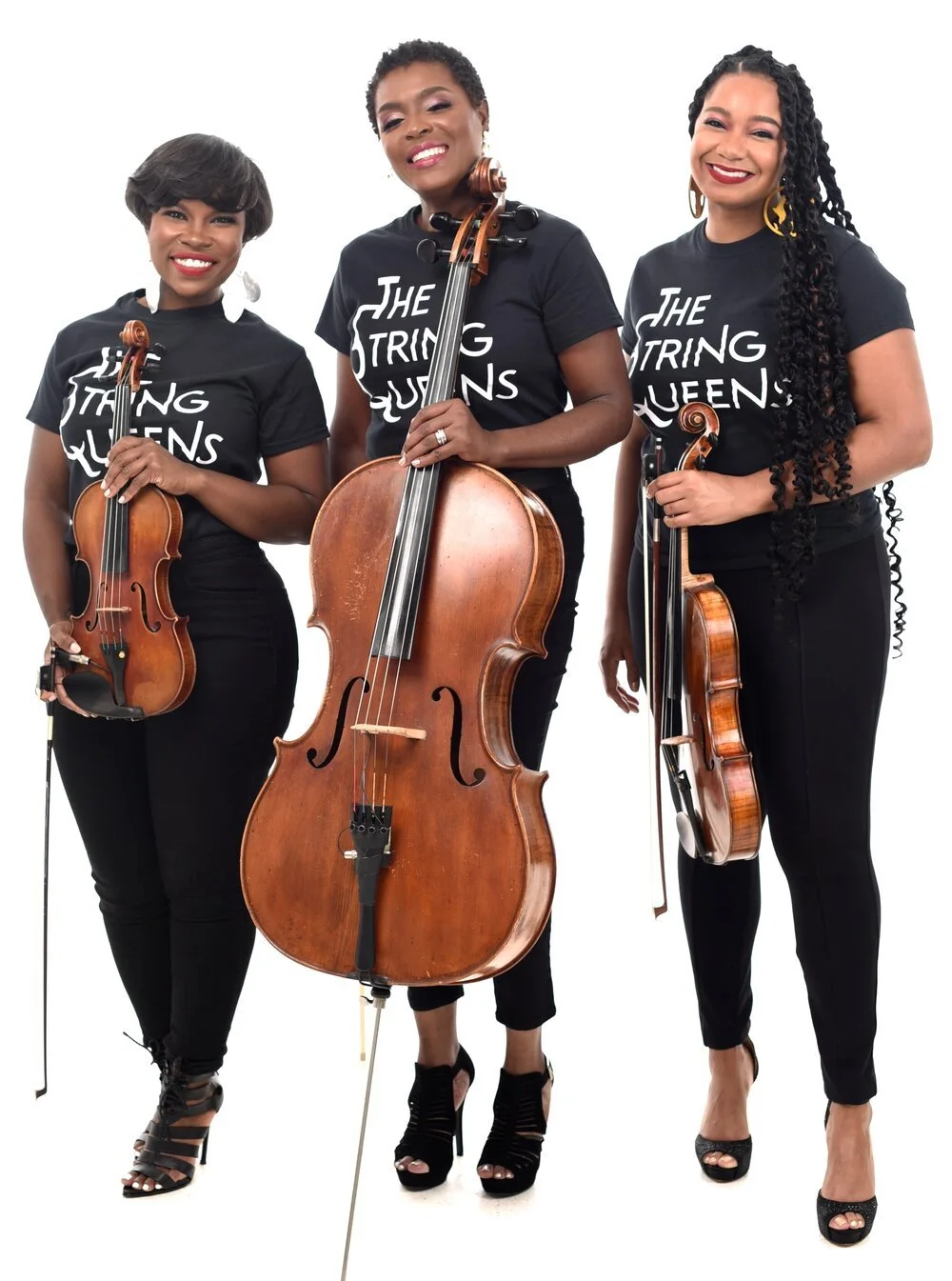Magical, Radical Encouragement: A Key of Possibility
I recently heard a story about a teacher who maliciously told a seventeen-year that he shouldn’t think about going to a HBCU (Historically Black Colleges and Universities) and that he should not strive to be a medical doctor. This “teacher” should not be educating anyone, never mind impressionable Black American youth. We all need to be inspired. Whether we’re dreaming of new possibilities, nurturing a curiosity, or breaking from our tried-and-true habits—inspiration becomes a form of encouragement that stimulates positive, creative feelings and actions.
Oftentimes, the arts create beautiful connections and evoke powerful emotions that can inspire. In direct contrast to the inadequacy of the aforementioned “teacher,” two other stories I heard demonstrated what a passion to inspire others can truly look like.
In literature, being named a Poet Laureate is an honor and a coveted recognition. Having two laureates from the same family, as with mother and son poet laureates of Pennsylvania, Airea (2022/23) and Wes Matthews (2018/19), is an extraordinary achievement. Ongoing encouragement to step into new spaces is a vital part of how Airea and Wes challenge and support each other. This practice, that Wes calls “radical encouragement,” goes beyond the familial as both are driven by a strong sense of service to their community. Both work with young students, and, as Wes says, they strive to “be directly involved in the life paths of people” to fulfill the poetic impulse and “be a vector of inspiration.” Airea believes that this service is “the ability to see outside oneself” and provide a way for people to connect with the poetic. Radical encouragement is needed because the work is hard, but it can lead to radical engagement.
The String Queens, a classically trained trio, inspires audiences and the next generation of musicians through their marrying classical styling with R&B, Hip Hop, and Jazz. Creatively reimagining tunes by Michael Jackson, Aretha Franklin, Earth, Wind and Fire, the Beatles, and others, The String Queens bridge genres with soulfulness. Their version of radical encouragement is what cellist Elise Sharp calls magical—a way for the trio to inspire audiences to love, hope, feel, and imagine. Violinist Kendall Isadore says they want to encourage people to feel like freedom—to feel boundless and fearless.
They have graced stages such as Carnegie Hall and the Kennedy Center, but all three musicians say their most important stage is in the classroom as music educators. Their musical passion inspires their students to be the stars they want to be.
Their latest album, Rise, is their artistic response to everything that they, their families, and their community have been through in the past few years. It is a musical journey that “starts in a field of loss and hopelessness,” with the Negro Spiritual “Motherless Child” and “ends in a fortress of faith, triumph, and fortitude” with Stevie Wonder’s “Love’s in Need of Love Today.”
Airea, Wes, and The String Queens function from what we (Greg and I) call Key of Possibility—a term from the Jazz Leadership Project model that holds a space for radical encouragement, inspiration, and engagement—where the magic happens.




